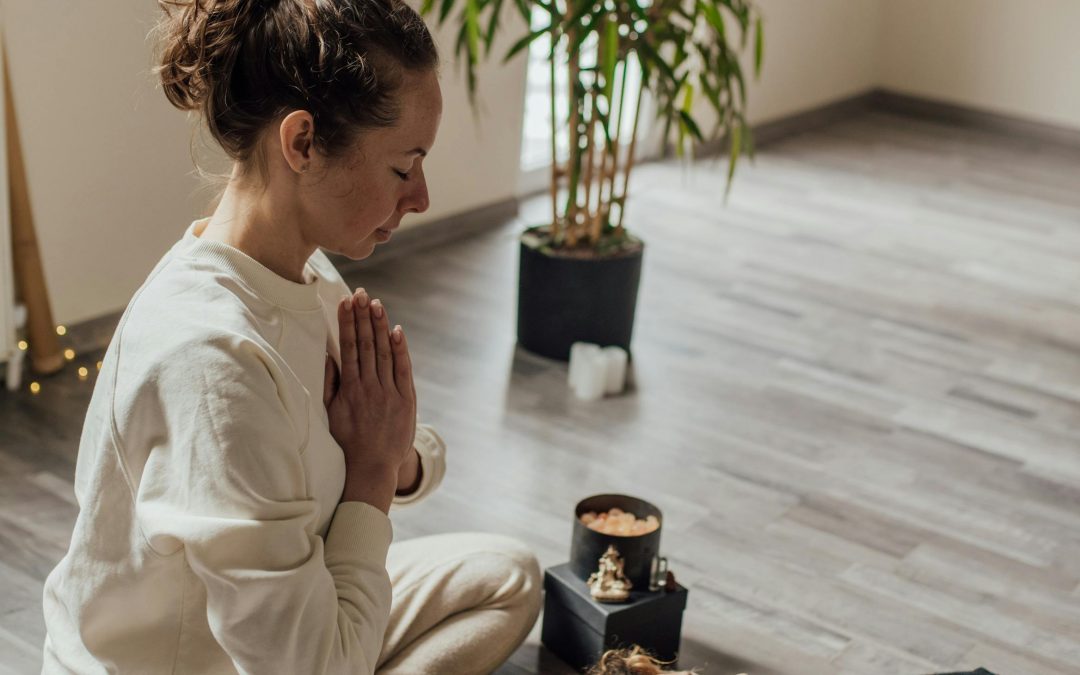The Real Work of Therapy: Beyond the Weekly Sessions
When most people think about therapy, they often envision a weekly session where they sit across from a therapist, discuss their feelings, and then return to their daily lives until the next appointment. While these sessions are a crucial part of the therapeutic process, the real transformation occurs outside the therapy room. It is about implementing the tools and techniques that your therapist provides and continuously working on yourself between sessions.
Understanding the Purpose of Therapy Sessions
Therapy sessions serve as a structured time for reflection, exploration, and planning. They offer a safe space to discuss your thoughts, feelings, and behaviors, and to gain insights into your challenges and patterns. However, the primary goal of these sessions is to equip you with strategies and tools to manage and improve your mental health on your own.
The Importance of Tools and Techniques
Therapists use a variety of techniques based on different therapeutic approaches, such as Cognitive Behavioral Therapy (CBT), Dialectical Behaviour Therapy (DBT), and Mindfulness-Based Stress Reduction (MBSR), among others. These tools are designed to help you:
- Identify and Challenge Negative Thoughts: Techniques like cognitive restructuring help you recognise and alter negative thought patterns.
- Manage Stress and Anxiety: Breathing exercises, mindfulness, and relaxation techniques can reduce stress and promote a sense of calm.
- Improve Emotional Regulation: Learning how to identify, understand, and manage your emotions can lead to healthier responses and interactions.
- Develop Coping Skills: Building resilience through problem-solving and coping strategies can help you navigate life’s challenges more effectively.
Implementing Tools in Daily Life
The effectiveness of therapy largely depends on how well you can integrate these tools into your daily routine. Here’s how you can make the most of the strategies your therapist provides:
- Practice Consistently: Just like any other skill, the techniques you learn in therapy require regular practice. Set aside time each day to practice mindfulness, journaling, or any other exercises your therapist recommends.
- Reflect and Adapt: Keep a journal of your experiences as you implement these tools. Reflecting on what works and what doesn’t can help you and your therapist adjust strategies as needed.
- Stay Engaged: Actively engage in your therapy sessions. Ask questions, seek clarification, and be honest about what you’re struggling with. Your therapist can provide more targeted support if they have a clear understanding of your experiences.
- Use Real-Life Situations: Apply the tools in real-life situations. Whether it’s managing a stressful workday or dealing with a personal conflict, using these strategies in context will help reinforce their effectiveness.
- Seek Support: Therapy is not a solitary journey. Involve supportive friends or family members in your process. They can provide encouragement and accountability as you work on implementing new strategies.
Continuing the Work Outside Sessions
The real work of therapy happens between sessions. Here are some tips to ensure you’re making the most of your time outside the therapy room:
- Set Goals: Work with your therapist to set realistic and achievable goals. These can provide direction and motivation for your efforts.
- Monitor Progress: Regularly assess your progress towards these goals. Celebrate your successes, no matter how small, and use setbacks as learning opportunities.
- Stay Flexible: Life is unpredictable, and rigid plans can sometimes lead to frustration. Be open to adjusting your strategies and goals as needed.
- Maintain Self-Care: Prioritise self-care practices that nourish your mind and body. This can include exercise, healthy eating, sufficient sleep, and engaging in activities you enjoy.

The Journey of Self-Improvement
Therapy is a journey of self-discovery and improvement. While your therapist can guide and support you, the real change comes from your commitment to applying the tools and strategies in your daily life. It’s about taking responsibility for your growth and being proactive in your healing process.
Remember, therapy is not just about the time spent in sessions; it’s about the continuous effort to better understand yourself and improve your mental health. By actively implementing the tools your therapist provides and working on yourself every day, you can achieve meaningful and lasting change.
Read More

Cultural Perspectives on Trauma and Healing
Trauma is a universal human experience, yet the way it is understood, processed, and healed can vary significantly across different cultures. Cultural perspectives on trauma and healing encompass a wide array of beliefs, rituals, and practices that reflect the...
No Results Found
The page you requested could not be found. Try refining your search, or use the navigation above to locate the post.
